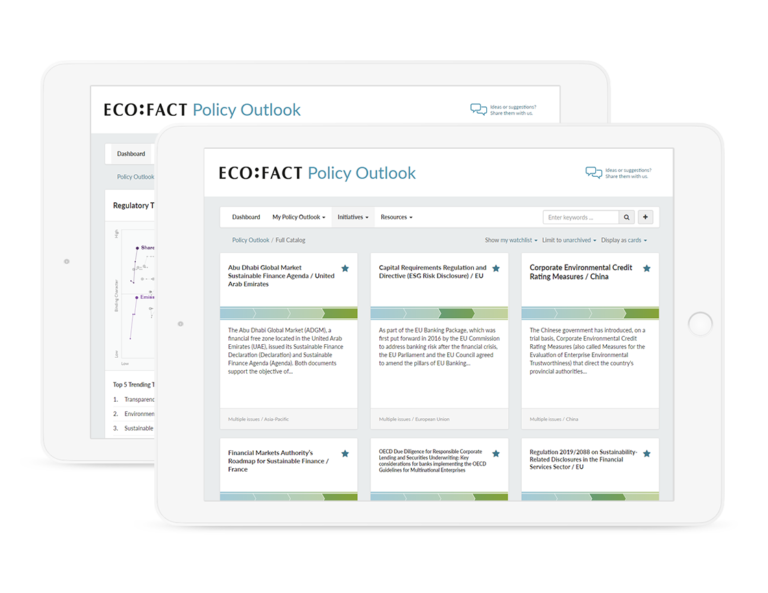Climate Change Litigation: Do We See a Trend?
The number of climate change-related litigation cases is steadily increasing—according to the Grantham Research Institute on Climate Change and the Environment, these cases have more than doubled since 2015, with over 1,000 cases worldwide in the past six years. Not only is the number of cases rapidly rising, but the range of actors involved is expanding. New types of plaintiffs and defendants are emerging. While fossil fuel companies have traditionally been the main target of climate-related litigation, increasingly, financial sector actors (banks, pension funds, asset managers, insurers, etc.) are also being targeted, and the scope of claims is also broadening. Let’s look at some of the most prominent climate cases and their main arguments:
1. Human rights arguments in climate litigation
One of the most prominent cases is Milieudefensie v. Shell from May 2021. The Hague District Court ordered Shell to reduce its CO2 emission levels by 45 percent before 2030, compared to 2019 levels. In its interpretation of Shell’s responsibilities, the court referred to the UN Guiding Principles on Business and Human Rights as an authoritative and internationally endorsed soft law instrument and reasoned that there is an “unwritten standard of care” that requires Shell to take action to reduce its CO2 emissions. But what makes this judgment unique is the court’s position that companies have a responsibility for emissions produced by activities/assets they do not own or control (Scope 3 emissions). The court referred directly to the “internationally propagated and endorsed need for companies to genuinely take responsibility for Scope 3 emissions.” According to the court, this need is elevated when Scope 3 emissions form the majority of a company’s CO2 emissions.
2. Insufficient or inappropriate disclosure about climate-related risks
Climate-related litigation also involves shareholders’ claims that climate-related risk disclosure was not done properly. A good example is the case of Mark McVeigh v. Retail Employees Superannuation Trust (REST), a major Australian pension fund. The plaintiff argued that the pension fund did not exercise its fiduciary duties because it did not perform the due diligence needed to protect his retirement savings from climate change-related financial risks and failed to disclose the requested information. Similarly, in the case of Guy Abrahams v. Commonwealth Bank of Australia, the plaintiff argued that climate change creates material financial risks to the bank, its business, and customers, and that the bank failed to disclose such risks to investors, as required under the Australian Corporations Act.
3. Greenwashing
A newcomer on the climate litigation scene is the allegation of greenwashing. These cases argue that a company’s claims contradict the actual green credentials of the products/services being promoted. One recent example is the DekaBank case. The consumer protection agency of the German state of Baden-Württemberg claimed that DekaBank’s “impact calculator,” which was related to its sustainable investment offerings, was misleading as there was no evidence for the promised impacts. In the end, the bank agreed to remove the calculator, which ended the legal dispute.
Conclusion
We expect climate-related litigation to intensify, and there is a heightened risk of lawsuits against financial market actors. The NGFS [Network for Greening the Financial System] points out that there appears to be a growing tendency for courts to grant plaintiffs standing and find in favour of plaintiffs in climate-related litigation. However, it remains difficult to declare a well-established trend because there is wide variation in the type of climate-related cases being brought forward as well as variation in the legal basis for these cases. What is certain is this: The increasing demand for “green” products and the corresponding increase in regulation and supervision of companys’ disclosures and marketing will likely generate more accusations of insufficient or inappropriate climate-related disclosures as well as allegations of greenwashing.
 All posts
All posts Contact
Contact



